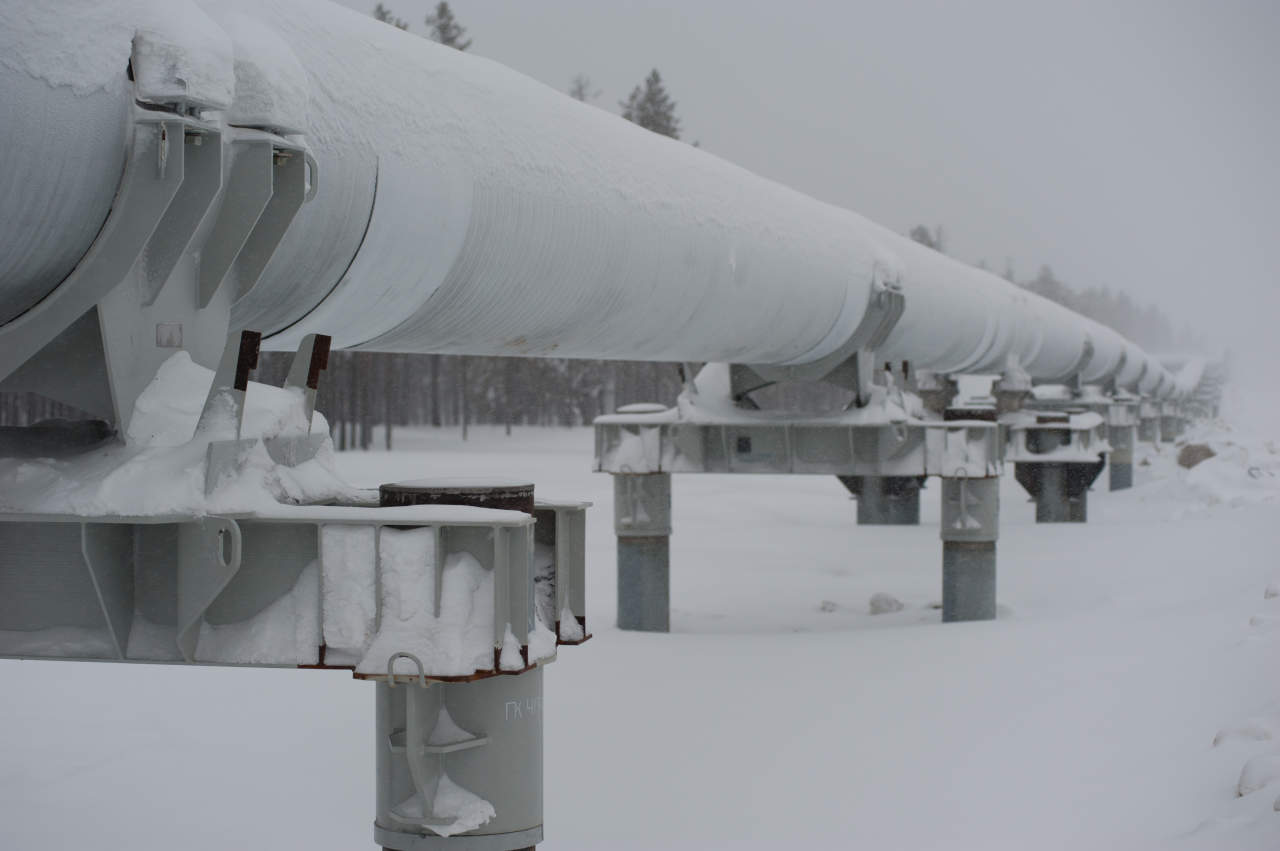Oil Falls as Druzhba Pipeline Resumes Flows, US Stocks Build
(Reuters) — Oil prices fell on Wednesday as flows on the Russia-to-Europe Druzhba pipeline resumed and after U.S. crude stocks rose far more than anticipated.
Brent crude futures were down $1.66, or 1.7%, to $94.65 a barrel as of 11:07 a.m. EST (1607 GMT). U.S. West Texas Intermediate crude futures were down $1.70, or 1.9%, at $88.80.
Russian state oil pipeline monopoly Transneft has restarted oil flows via the southern leg of the Druzhba oil pipeline, RIA news agency said, citing Igor Dyomin, an aide to Transneft's president, on Wednesday.
Ukraine had suspended Russian oil pipeline flows to parts of central Europe since early this month because Western sanctions prevented it from receiving transit fees from Moscow, Transneft said on Tuesday.
Demand fears also weighed on prices, analysts said.
"Fears of recession-induced demand destruction are the single-biggest price driver currently and the principal reason why Brent is trading sub-$100 a barrel," said PVM analyst Stephen Brennock.
U.S. crude oil stocks, meanwhile, rose by 5.5 million barrels for the week ended Aug. 5, according to the U.S. Energy Information Administration, more than the expected increase of 73,000 barrels. Refining activity also rose, as well as oil production. Analysts polled by Reuters had forecast crude inventories would rise by about 100,000 barrels.
Though concerns over a potential global recession have weighed on oil futures, U.S. oil refiners and pipeline operators expect energy consumption to be strong for the second half of 2022, a Reuters review of company earnings calls showed.
Overall, gasoline product supplied rose in the most recent week to 9.1 million barrels per day (MMbbl/d), but over the past four weeks that figure is 8.9 MMbbl/d, down 6% from the year-ago period.
"The gasoline number was decent for this time of year," said John Kilduff, partner at Again Capital in New York. "It’s good to see a near normal level here."
U.S. consumer prices were unchanged in July due to a sharp drop in the cost of gasoline, delivering the first notable sign of relief for Americans who have watched inflation climb over the past two years.
Economists polled by Reuters had forecast a 0.2% rise in the monthly CPI in July.
But the Fed has indicated that several monthly declines in CPI growth will be needed before it lets up on the increasingly aggressive monetary policy tightening it has delivered to tame inflation currently running at four-decade highs.
Related News
Related News

- Keystone Oil Pipeline Resumes Operations After Temporary Shutdown
- Freeport LNG Plant Runs Near Zero Consumption for Fifth Day
- Biden Administration Buys Oil for Emergency Reserve Above Target Price
- Mexico Seizes Air Liquide's Hydrogen Plant at Pemex Refinery
- Enbridge to Invest $500 Million in Pipeline Assets, Including Expansion of 850-Mile Gray Oak Pipeline
- Evacuation Technologies to Reduce Methane Releases During Pigging
- Editor’s Notebook: Nord Stream’s $20 Billion Question
- Enbridge Receives Approval to Begin Service on Louisiana Venice Gas Pipeline Project
- Mexico Seizes Air Liquide's Hydrogen Plant at Pemex Refinery
- Russian LNG Unfazed By U.S. Sanctions





Comments